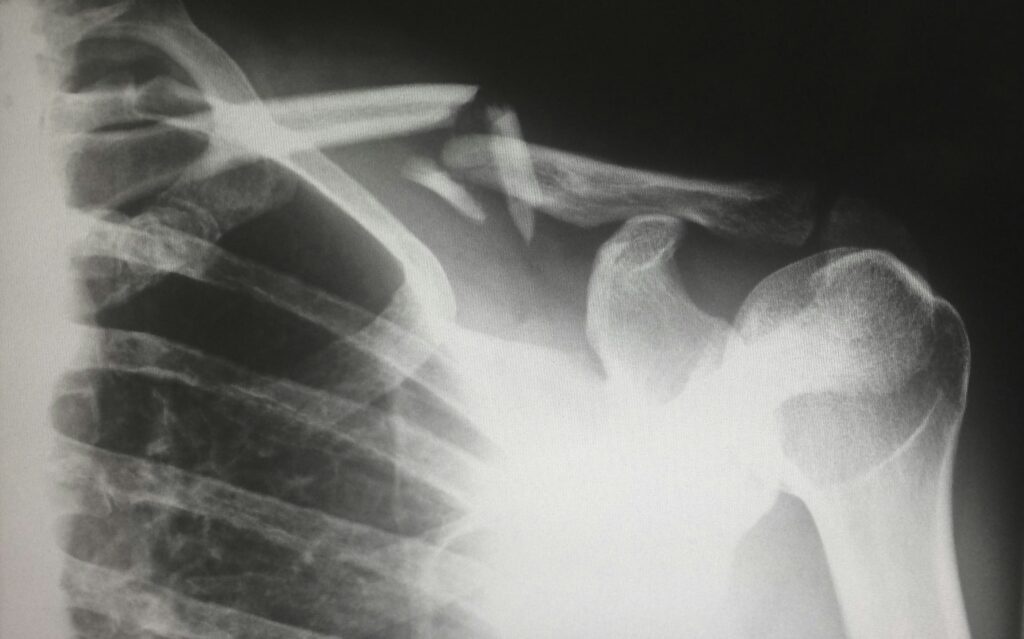
If you’re a woman concerned about aging gracefully and staying independent, here’s a fact that might make you pause: fractures can lead to a sudden and significant decline in mobility, independence, and overall quality of life. But don’t worry—there’s plenty you can do to protect your bones and keep them strong for years to come. Let’s dive into the essentials of bone health and how to keep those fractures at bay!
Your bone density is a critical measure of your overall bone health, and the gold standard for assessing it is a DEXA scan (dual energy x-ray absorptiometry). Here’s a quick breakdown of T-scores (the results you’ll receive):
The goal? Keep your bones healthy enough to stay out of the osteopenia category starting at age 25. If you’re already there, your mission is to improve your T-scores. If you’re managing osteoporosis, focus on maintaining your bone density first, and aim to strengthen it gradually without prescription medications over 2–6 years.
Let’s face it, there are a lot of sneaky culprits working against your bone health. Some of the key factors include:
Hormonal Imbalances
Nutritional Deficiencies
Chronic Inflammation
Aging and Collagen Loss
Acidity
Medications That Can Harm Bone Health
Our top recommendation is to start by testing your levels—this provides the information we need to create a targeted and effective plan for you. At NCB, we provide functional health testing to check your thyroid, sex and adrenal hormones, vitamin D, mineral balance, and chronic inflammation level. Using these insights, we can suggest effective therapies specific to your body that will support stronger bones and, in some cases, stop bone loss. To learn more, visit our shop page.
You can take charge of your bone health with these science-backed practices:
Nutrition
Exercise
Supplements from NCB
Collagen Support from NCB
Consistency Is Key
Bone health isn’t a quick fix—it’s a long-term commitment. If you have osteopenia or osteoporosis, re-assess every 1–2 years (depending on insurance coverage) and we can adjust your plan as needed.
For those looking for tailored solutions, Nutrition Connection Balance (NCB) specializes in individual testing and high-quality supplements to help you meet your goals. Explore our offerings, from testing kits to professional-grade supplements.
Your bones are your foundation—take care of them, and they’ll take care of you!
Introducing all of the ways to work with us to optimize your health!
© 2025 - Nutrition Connection Balance.
Don’t miss our future updates!
Subscribe Today!